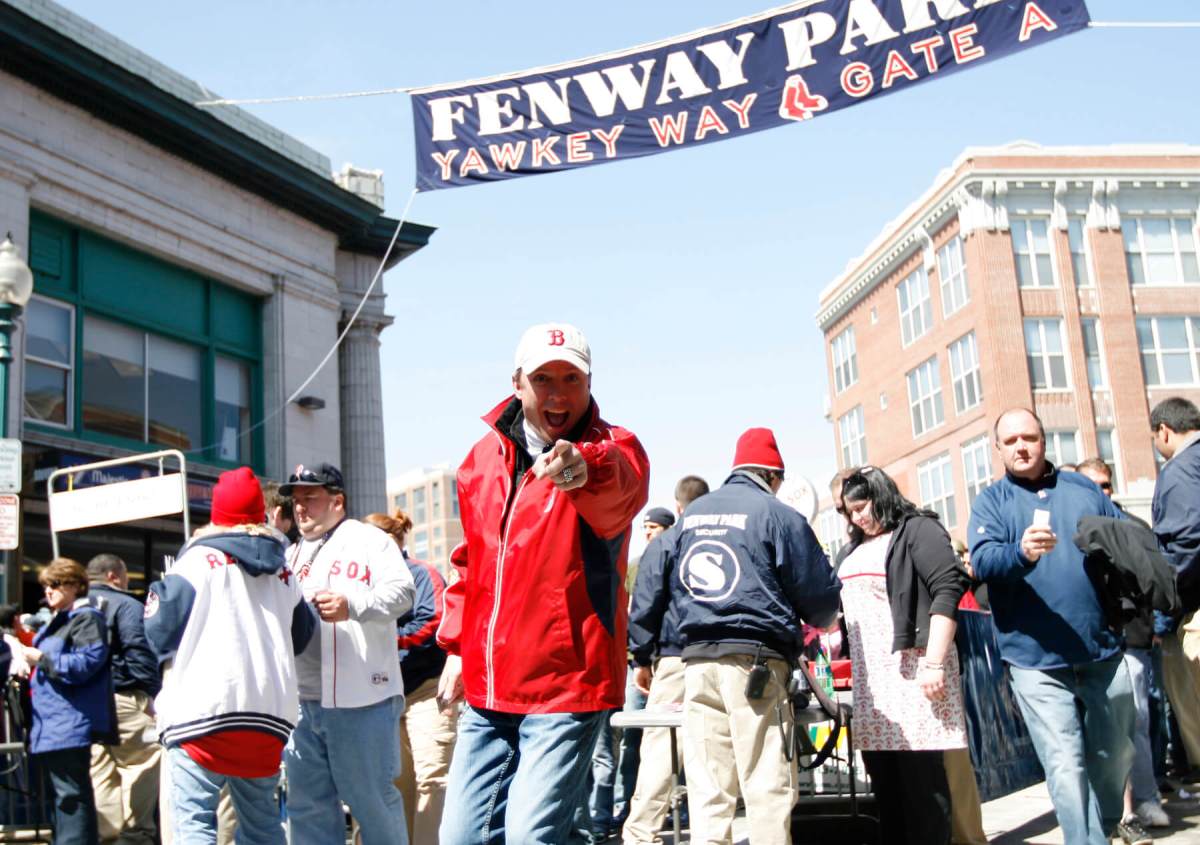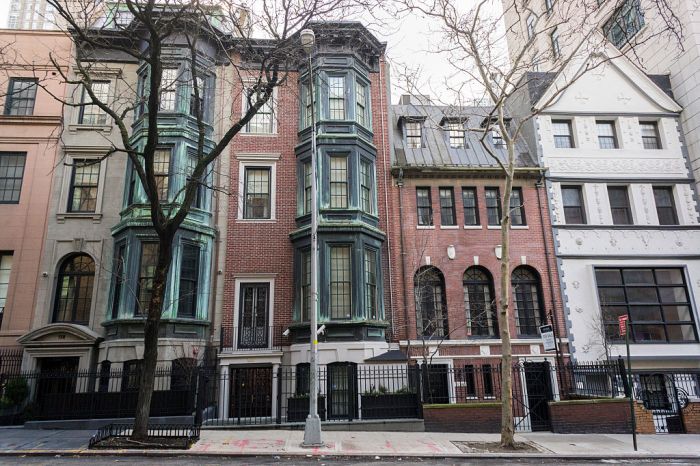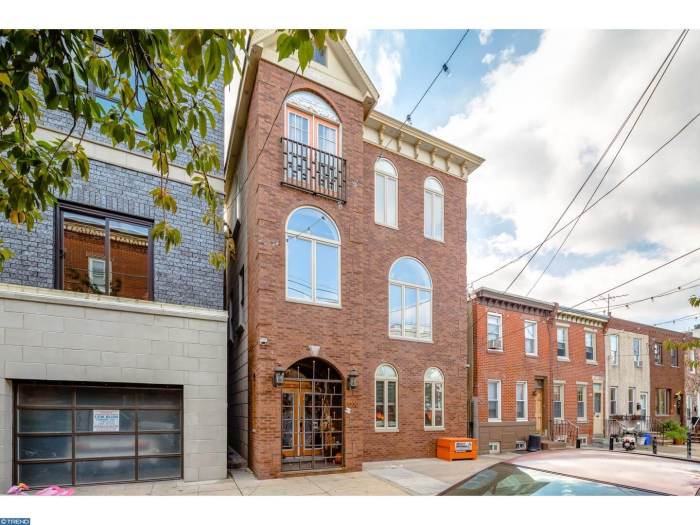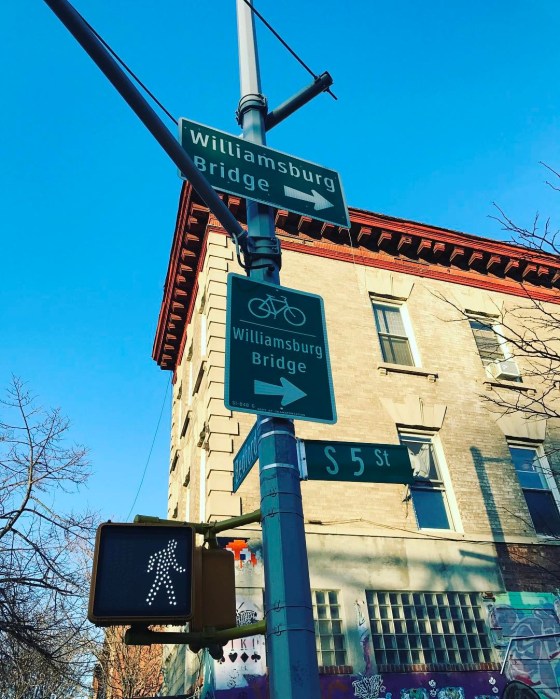The deal the Boston Redevelopment Authority struck with the Red Sox on rights toYawkey Way did not serve taxpayers well, according to a report released Monday. An agreement from 2013 that gave the Sox renewed control of theFenway Park-adjacent street — allowing the team to close the area down on game days and control concessions — was based on faulty logic, happened too quickly and for too little money, said the19-page report from the state’s Inspector General Glenn Cunha. The agreement renewed a deal from 2002 that also gave the Sox rights to Landsdowne Street, which allowed the team to add seats to the famed Green Monster.
RELATED: Yawkey Way commuter rail station opens
The Sox originally paid the city $2 million over 10 years for those rights, or about $2,240 per game, according to the report. The team, meanwhile, by 2012 was earning $73,700 per game in revenue from concessions and Green Monster tickets, the report said. In 2013, the Sox permanently renewed the rights to Yawkey and Landsdowne for $7,340,377 or $6,000 per game for 10 years, then $0 per game after that, for as long as a Major League Baseball team plays at the historic ballpark, according to the report. But by the time the BRA was considering the renewal, the Fenway area was in much better shape financially after a flood of investment from developers, the report said. So the city could have gotten more money in the latest go-round, Cunha argued in the report. RELATED:Pour-it-yourself beer taps are hitting stadiums and bars nationwide. Is Boston next? “[T]he BRA did not exercise the due diligence it owes to the city and the taxpayers. It failed to ensure that the sale prices it negotiated were in the taxpayers’ best interest. Furthermore, its process for reviewing and approving the transactions was flawed, not supported by evidence and lacked transparency,” Cunha wrote in the report. BRA members only had six hours to consider the renewal, the reportsaid.
A finding that Yawkey was in a state of “blight” (rundown, essentially) was “not supported by evidence,” the report said. Declaring that an area is blighted can clear the way for the city to take it over. The report urged the BRA to rewrite its policies for setting properties’prices and decidingwhether an area is blighted, but didn’t recommend undoing the deal altogether.
RELATED:Microunits: Boston’s first batch of mini apartments to open In a statement, the BRA wrote that its members— many of them newly added to the board under Mayor Marty Walsh — believed the deal was not done properly. “[We] believe the process that led to the agreement with the Red Sox was deeply flawed.Since January 2014, we have worked diligently to enact reforms so that this situation can never be repeated,” the statement from BRA Director Brian Golden said. “There are always lessons to be learned from past mistakes,” he added.
State blasts BRA’s Yawkey Way deal with Red Sox in report

METRO FILE


















